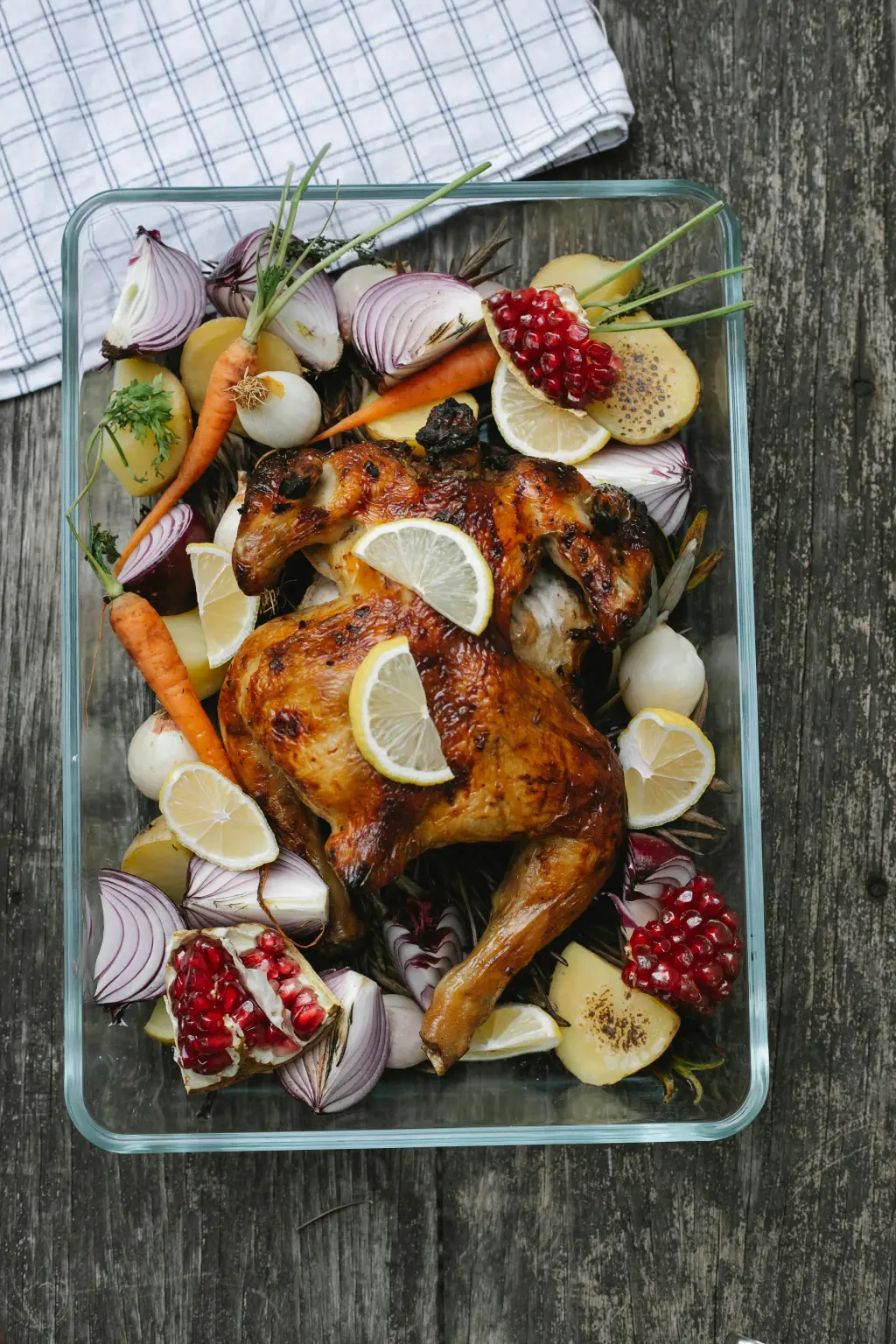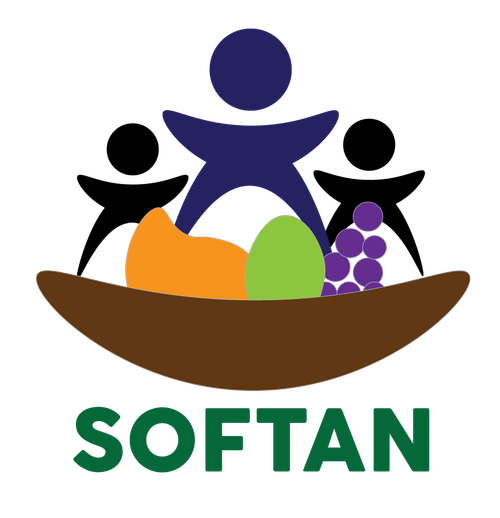Your immune system is your body’s first line of defense against illnesses, infections, and diseases. While genetics, environment, and lifestyle choices play a role in determining how well your immune system functions, the foods you eat can also have a significant impact on its strength. Nutrient-packed foods provide essential vitamins, minerals, and antioxidants that help protect your body and keep your immune system running efficiently. Let’s explore how you can boost your immunity with the right foods and nutritional strategies.
1. The Power of Antioxidants
Antioxidants are compounds that protect your cells from oxidative stress and inflammation, both of which can weaken the immune system. They help neutralize free radicals—unstable molecules that can damage cells. Including antioxidant-rich foods in your diet is crucial for maintaining a healthy immune system.
- Vitamin C: One of the most well-known immune-boosting nutrients, vitamin C helps stimulate the production of white blood cells, which fight infections. It also acts as an antioxidant. Citrus fruits like oranges, lemons, and grapefruits are great sources of vitamin C. Other options include strawberries, bell peppers, spinach, and broccoli.
- Vitamin E: This fat-soluble antioxidant supports immune function by protecting cells from damage. You can find vitamin E in nuts, seeds, and spinach.
- Beta-Carotene: Found in orange and yellow fruits and vegetables like carrots, sweet potatoes, and butternut squash, beta-carotene is converted into vitamin A, which helps maintain the health of the skin and tissues that line the respiratory system—both essential for immune defense.
2. Lean Proteins: The Building Blocks of Immunity
Proteins are vital for building and repairing body tissues, including immune cells. They are made up of amino acids, which play a crucial role in the body’s immune response. Incorporating lean protein sources into your diet ensures your body has the necessary resources to fight off infections.
- Poultry: Chicken and turkey are excellent sources of lean protein. Chicken soup, a well-known remedy for colds, contains amino acids like cysteine, which can thin mucus and help with respiratory issues.
- Fish: Fatty fish like salmon, mackerel, and sardines are rich in omega-3 fatty acids, which help reduce inflammation in the body. Omega-3s can also enhance immune cell function.
- Legumes: Beans, lentils, and chickpeas are plant-based protein sources that are also rich in zinc, a mineral that supports immune cell production.
3. Probiotics: Supporting Gut Health for Stronger Immunity
Your gut houses a large portion of your immune system, so keeping it healthy is key to preventing illness. Probiotics, which are beneficial bacteria found in fermented foods, help maintain a healthy balance of gut flora, supporting digestion and enhancing immune function.
- Yogurt: A great source of probiotics, yogurt contains live cultures that boost the good bacteria in your gut. Choose plain, unsweetened yogurt to avoid added sugars that can weaken the immune system.
- Kefir: This fermented milk drink is packed with probiotics and offers a stronger dose of gut-friendly bacteria compared to yogurt.
- Sauerkraut and Kimchi: These fermented cabbage dishes are rich in probiotics and also contain vitamins C and K, which aid in immune function.
4. Zinc: The Immune System’s Ally
Zinc is a trace mineral that is essential for the development and functioning of immune cells. It plays a key role in reducing inflammation and promoting the production of white blood cells, which protect the body from infection. Incorporating zinc-rich foods into your diet can help strengthen your immune response.
- Shellfish: Oysters, crab, and lobster are high in zinc, making them excellent choices for boosting your immune system.
- Pumpkin Seeds: These small but mighty seeds are packed with zinc and can be sprinkled on salads, smoothies, or eaten as a snack.
- Meat and Poultry: Lean cuts of beef, pork, and chicken are good sources of zinc, as well as other essential nutrients like iron and B vitamins.
5. Hydration: An Essential Part of Immunity
Staying hydrated is vital for maintaining a strong immune system. Water helps carry nutrients to cells, flush out toxins, and keeps mucous membranes moist, which can prevent the entry of pathogens. Proper hydration also supports the production of lymph, a fluid that transports white blood cells and other immune cells around the body.
- Water: Aim to drink at least 8 glasses of water daily, adjusting for your activity level and climate. Herbal teas and water-rich foods like cucumbers, oranges, and watermelon can also contribute to your hydration needs.
6. Garlic and Ginger: Natural Immune Boosters
Garlic and ginger are two powerhouse ingredients with immune-boosting properties.
- Garlic: Rich in allicin, a compound known for its antimicrobial properties, garlic can help fight infections and support the immune system. It’s best consumed raw or lightly cooked to retain its active compounds.
- Ginger: Ginger has anti-inflammatory and antioxidant effects that can support the immune system. It’s commonly used to relieve colds, sore throats, and inflammation. You can add ginger to smoothies, teas, or stir-fries for an immune boost.
7. Vitamin D: A Critical Immune Nutrient
Vitamin D is crucial for activating immune defenses. A deficiency in vitamin D is linked to an increased risk of infections. While sunlight is the primary source of vitamin D, certain foods can help increase your levels, especially in winter months or if you have limited sun exposure.
- Fatty Fish: Salmon, tuna, and mackerel are excellent sources of vitamin D.
- Egg Yolks: Including eggs in your diet can provide a small boost in vitamin D.
- Fortified Foods: Many dairy products, plant-based milks, and cereals are fortified with vitamin D.
8. Herbal Teas and Spices: Immunity in a Cup
Herbal teas and certain spices offer anti-inflammatory and immune-boosting benefits that can enhance your overall health.
- Green Tea: Packed with antioxidants, particularly catechins, green tea can help protect your cells from damage and support immune health.
- Turmeric: Known for its anti-inflammatory properties, turmeric contains curcumin, which has been shown to boost immune function. Pair it with black pepper to enhance absorption.
- Elderberry: This berry is known for its immune-boosting properties and is often used to treat colds and flu.
Conclusion: Building an Immune-Boosting Diet
Supporting your immune system through food is not about quick fixes or magic bullets, but rather about nourishing your body consistently with a variety of nutrient-dense foods. By incorporating antioxidants, lean proteins, probiotics, zinc, and vitamins C, D, and E, along with staying hydrated, you’ll give your body the tools it needs to fend off infections and illnesses.
Remember, food is just one piece of the puzzle. A balanced lifestyle that includes regular exercise, adequate sleep, and stress management will further strengthen your immune system and keep you feeling your best.
Blog Categories








